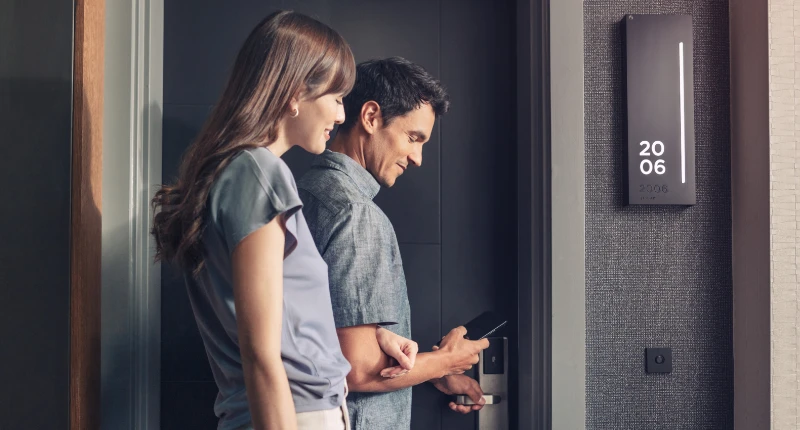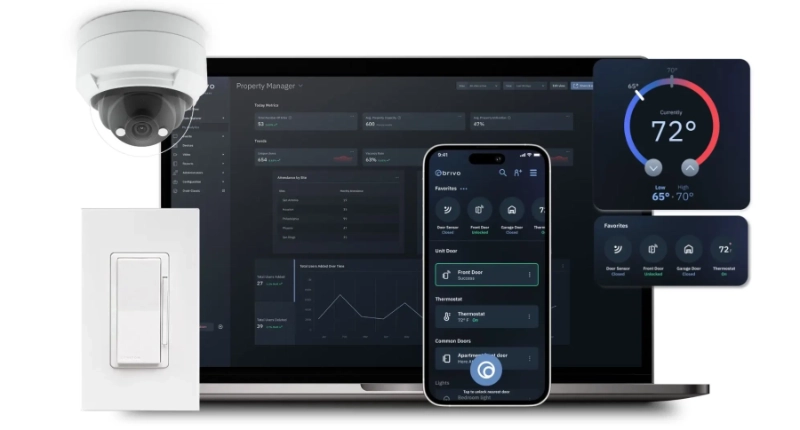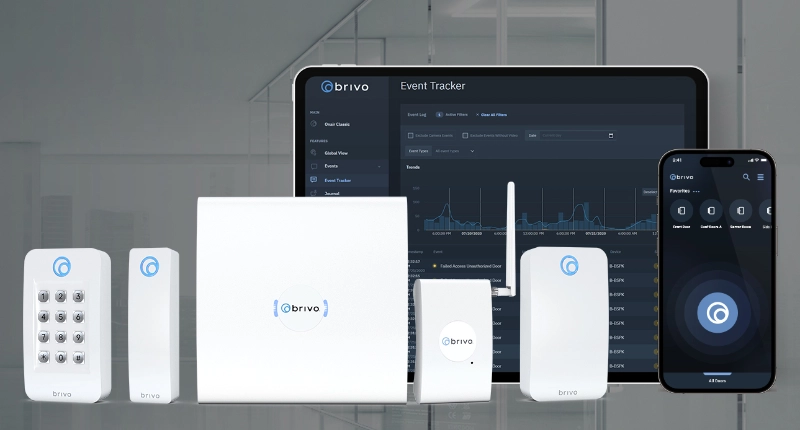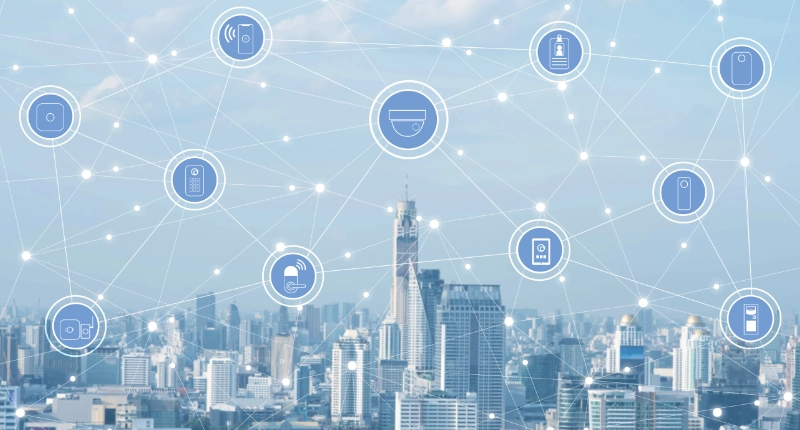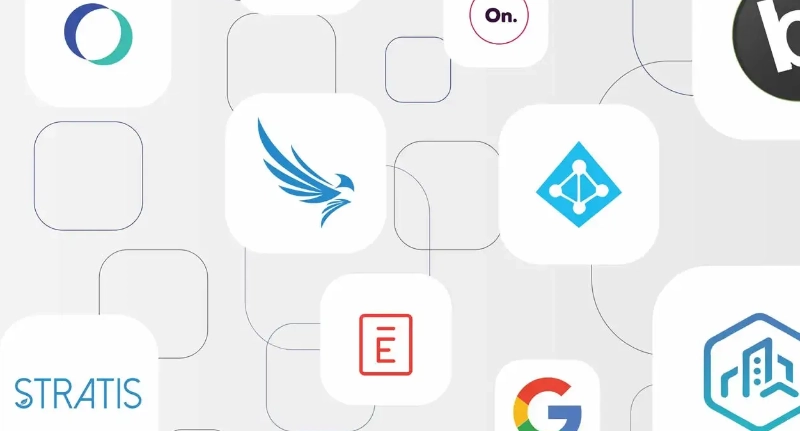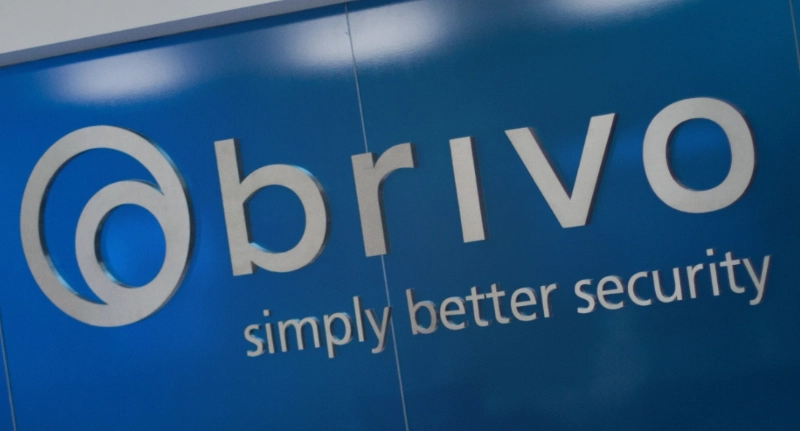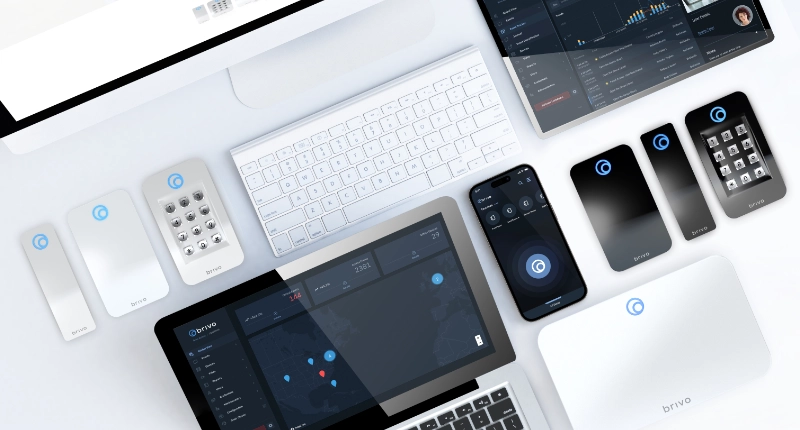Choosing a new physical security system is an overwhelming process for your customers. Here are six common questions security leaders ask when choosing a new system with suggested answers, so you can help potential customers make sense of their choices and win their business.
1. What protection mechanisms are in place to ensure security (including cybersecurity)?
Security is probably the biggest concern for companies considering the move to a cloud-based access control system. When selling cloud-based access control, you need to understand—and be able to explain to potential customers—what protection mechanisms vendors employ in their data center. Vendors who have the proper protection mechanisms in place are transparent about their security practices, so if you need help understanding a vendor’s cybersecurity practices, just ask.
2. What kind of infrastructure is best for my business?
There are two main choices for access control infrastructure: hosted, otherwise known as single-tenant, and multi-tenant. In a single-tenant system, one instance of the software and database architecture is required for each customer. A multi-tenant infrastructure supports multiple customers with the same architecture, though each customer’s data is kept private.
Businesses benefit from a multi-tenant infrastructure because the cost to maintain it is shared among many customers and is, therefore, lower for each. Multi-tenancy also means that infrastructure costs don’t increase as a business grows like they do in a hosted or single-tenant environment. A multi-tenant solution is advisable for any customer trying to control costs associated with access control and improve scalability.
3. Can we manage a cloud-based access control system remotely?
Security managers don’t want to have to drive from one location to another to give tenants and staff access to the buildings they secure. Fortunately, cloud-based access control gives your customers the ability to manage all their sites from any location on their desktop, tablet or phone. The convenience factor of cloud-based access control is a powerful selling feature for prospective customers.
4. What are the vendor’s policies regarding data retention and ownership?
Your customers want to know vendors’ policies regarding their data and its portability. To effectively sell cloud-based access control systems, you need to know what vendors do with customer data if they stop using their service, how easy it is to export data, and the vendor’s process to recover a customer’s data that is lost or deleted.
5. What kind of customer support do you offer?
Because cloud-based access control is a subscription service, selling it to your customers means you’ll have a relationship with them long after the installation is finished. You’ll need to supply top-notch customer service, which in turn means you’ll need to rely on top-notch service from the vendor. Before agreeing to sell a particular access control system, be sure to ask the vendor about live customer support and self-service channels. Make sure to find out the hours of support operations, their response windows, and the qualifications of their support staff.
6. Can we integrate our access control system with existing applications?
Customers want to know whether the cloud-based access control system they are considering will integrate with other security applications, such as identity management and video surveillance, and if so, how that happens. The best vendors for customers looking to create links among their business applications offer an open API so that the customer company’s developers can extend the effectiveness of the access control solution within the company’s digital architecture.
Customers are asking for cloud access control, and offering them the latest in proven cloud-based access control brings in more recurring revenue for your business, so it’s a win-win. Learn why you need to be offering mobile solutions to your customers.

